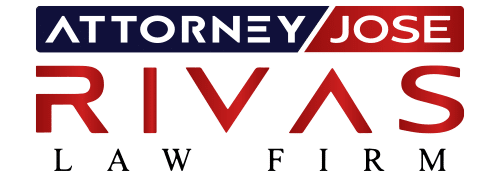It doesn’t matter whether you actually own the drugs found in your possession, it’s the possession that counts. There are two kinds of drug possession in Florida law:
- Actual Possession Means what it says, the drugs were actually on your person, in your hand or your pocket or your wallet.
- Constructive possession You may not have had any drugs actually on you at the time of the arrest, but the stash was with your stuff, in your purse or backpack, or in your locker.
There are other ways that Constructive Possession charges can come into play. For instance, if you’re a passenger in a car where drugs were found, you could be charged with Constructive Possession. However, “mere proximity” to the drugs is not necessarily enough to make a case against you. Prosecutors must prove that you knew there were illegal drugs in the vehicle and that you “had dominion and control over it.”
In drug possession cases in Florida, the Judge tells a jury that:
To prove (defendant) “possessed a substance,” the State must prove beyond a reasonable doubt that [he] [she] a) knew of the existence of the substance and b) intentionally exercised control over that substance.
Control can be exercised over a substance whether the substance is carried on a person, near a person, or in a completely separate location. Mere proximity to a substance does not establish that the person intentionally exercised control over the substance in the absence of additional evidence. Control can be established by proof that (defendant) had direct personal power to control the substance or the present ability to direct its control by another.
A lawyer with experience in defending Florida drug charges would likely make it difficult for a prosecutor to prove such elements of Constructive Possession.









